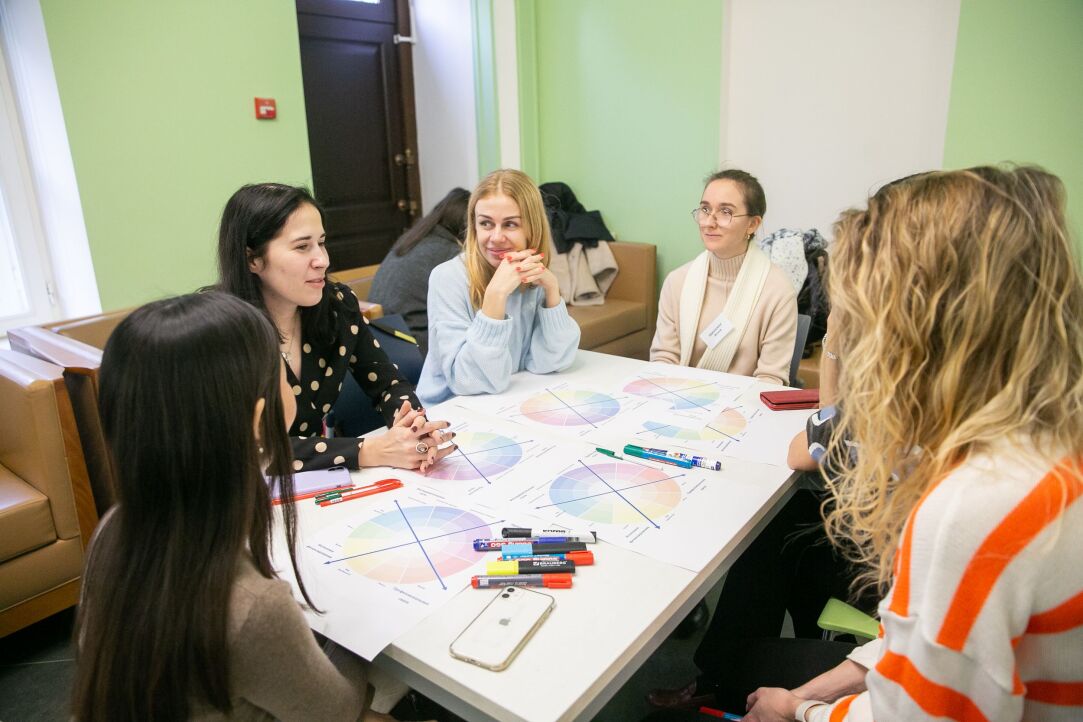
HSE Scientists Reveal How Staying at Alma Mater Can Affect Early-Career Researchers
Many early-career scientists continue their academic careers at the same university where they studied, a practice known as academic inbreeding. A researcher at the HSE Institute of Education analysed the impact of academic inbreeding on publication activity in the natural sciences and mathematics. The study found that the impact is ambiguous and depends on various factors, including the university's geographical location, its financial resources, and the state of the regional academic employment market. A paper with the study findings has been published in Research Policy.
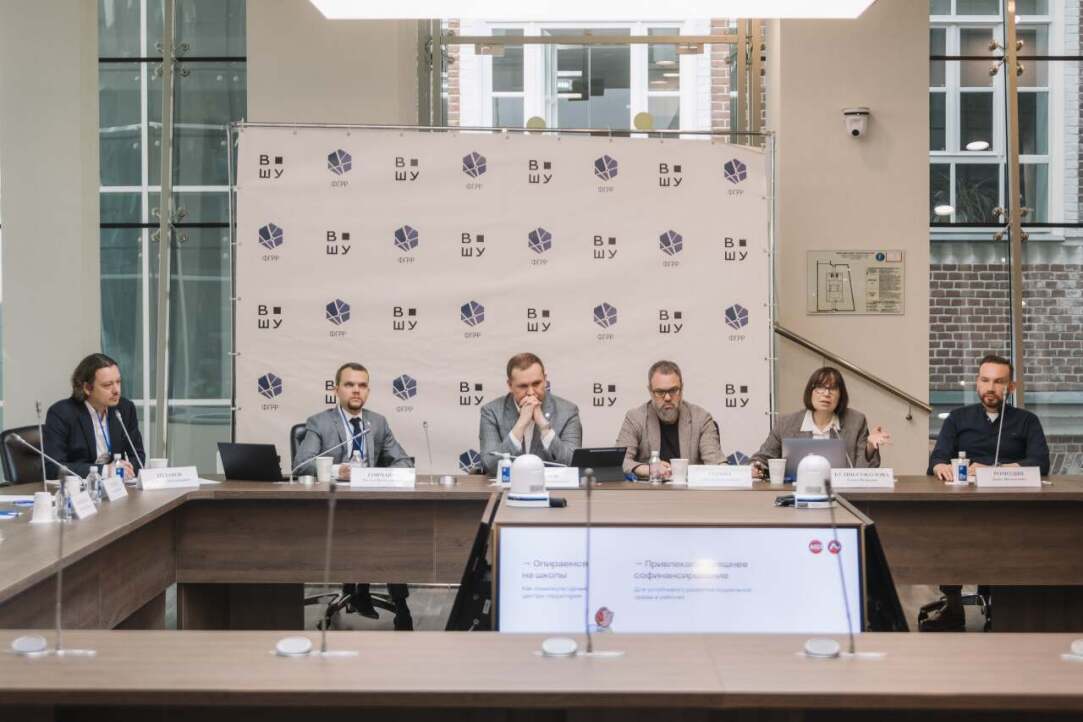
HSE Discusses Urban Development Prospects at the Vysokovsky Forum
The annual Vysokovsky Forum, organised by the Faculty of Urban and Regional Development, was held at HSE University. Officials, business representatives, teachers, and experts gathered to discuss whether development projects should be adapted to residents' needs, whether New Moscow could become a new centre of attraction, and what benefits HSE will gain from launching a new academic department in partnership with A101 Group.

Group and Shuffle: Researchers at HSE University and AIRI Accelerate Neural Network Fine-Tuning
Researchers at HSE University and the AIRI Institute have proposed a method for quickly fine-tuning neural networks. Their approach involves processing data in groups and then optimally shuffling these groups to improve their interactions. The method outperforms alternatives in image generation and analysis, as well as in fine-tuning text models, all while requiring less memory and training time. The results have been presented at the NeurIPS 2024 Conference.
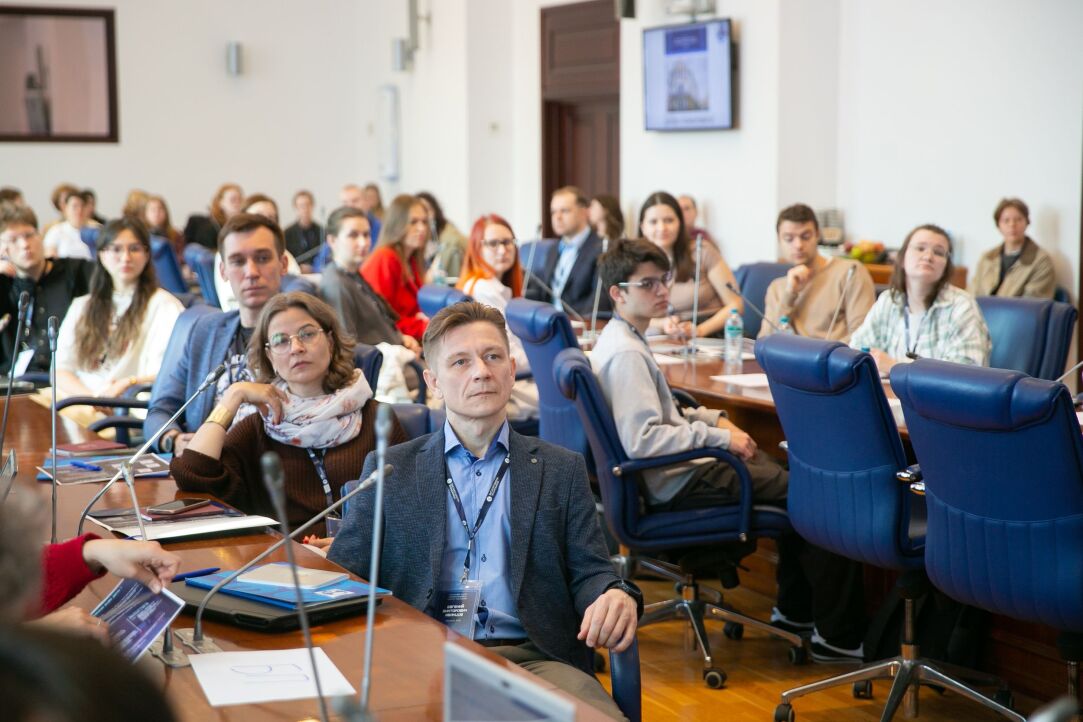
When Thoughts Become Movement: How Brain–Computer Interfaces Are Transforming Medicine and Daily Life
At the dawn of the 21st century, humans are increasingly becoming not just observers, but active participants in the technological revolution. Among the breakthroughs with the potential to change the lives of millions, brain–computer interfaces (BCIs)—systems that connect the brain to external devices—hold a special place. These technologies were the focal point of the spring International School ‘A New Generation of Neurointerfaces,’ which took place at HSE University.

New Clustering Method Simplifies Analysis of Large Data Sets
Researchers from HSE University and the Institute of Control Sciences of the Russian Academy of Sciences have proposed a new method of data analysis: tunnel clustering. It allows for the rapid identification of groups of similar objects and requires fewer computational resources than traditional methods. Depending on the data configuration, the algorithm can operate dozens of times faster than its counterparts. Thestudy was published in the journal Doklady Rossijskoj Akademii Nauk. Mathematika, Informatika, Processy Upravlenia.

Researchers from HSE University in Perm Teach AI to Analyse Figure Skating
Researchers from HSE University in Perm have developed NeuroSkate, a neural network that identifies the movements of skaters on video and determines the correctness of the elements performed. The algorithm has already demonstrated success with the basic elements, and further development of the model will improve its accuracy in identifying complex jumps.

Script Differences Hinder Language Switching in Bilinguals
Researchers at the HSE Centre for Language and Brain used eye-tracking to examine how bilinguals switch between languages in response to context shifts. Script differences were found to slow down this process. When letters appear unfamiliar—such as the Latin alphabet in a Russian-language text—the brain does not immediately switch to the other language, even when the person is aware they are in a bilingual setting. The article has been published in Bilingualism: Language and Cognition.

HSE Experts Highlight Factors Influencing EV Market Growth
According to estimates from HSE University, Moscow leads in the number of charging stations for electric vehicles in Russia, while Nizhny Novgorod ranks first in terms of charging station coverage, with 11.23 electric vehicles per charging station, compared to 14.41 in Moscow. The lack of charging infrastructure is one of the key factors limiting the growth of the electric vehicle market. This is stated in the study titled ‘Socio-Economic Aspects of Introducing Electric Vehicles in Commercial Transportation’ conducted by experts from the Institute of Transport Economics and Transport Policy Studies at HSE University.
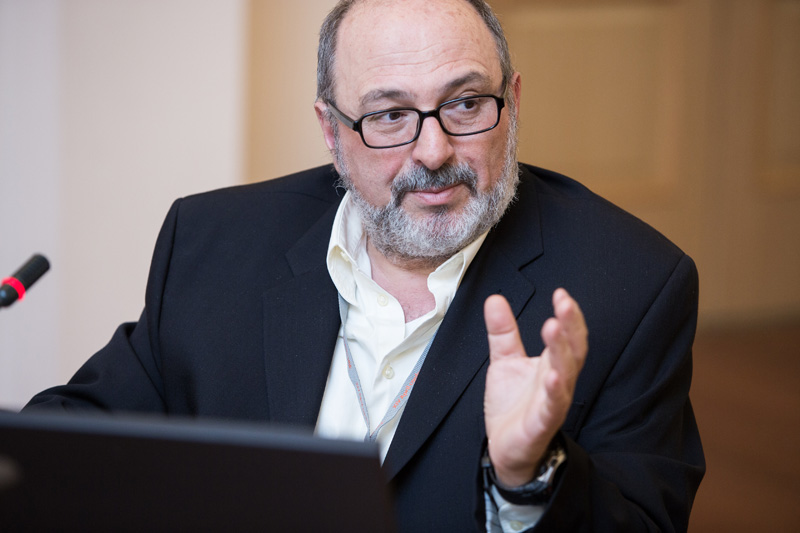
'Science Knows No National Borders'
Foreign scientists successfully continue their work in HSE University laboratories, combining fundamental and applied research to achieve significant results. HSE News Service has spoken to Professor Panos Pardalos, Head of the Laboratory of Algorithms and Technologies for Networks Analysis at HSE University in Nizhny Novgorod, about its work.
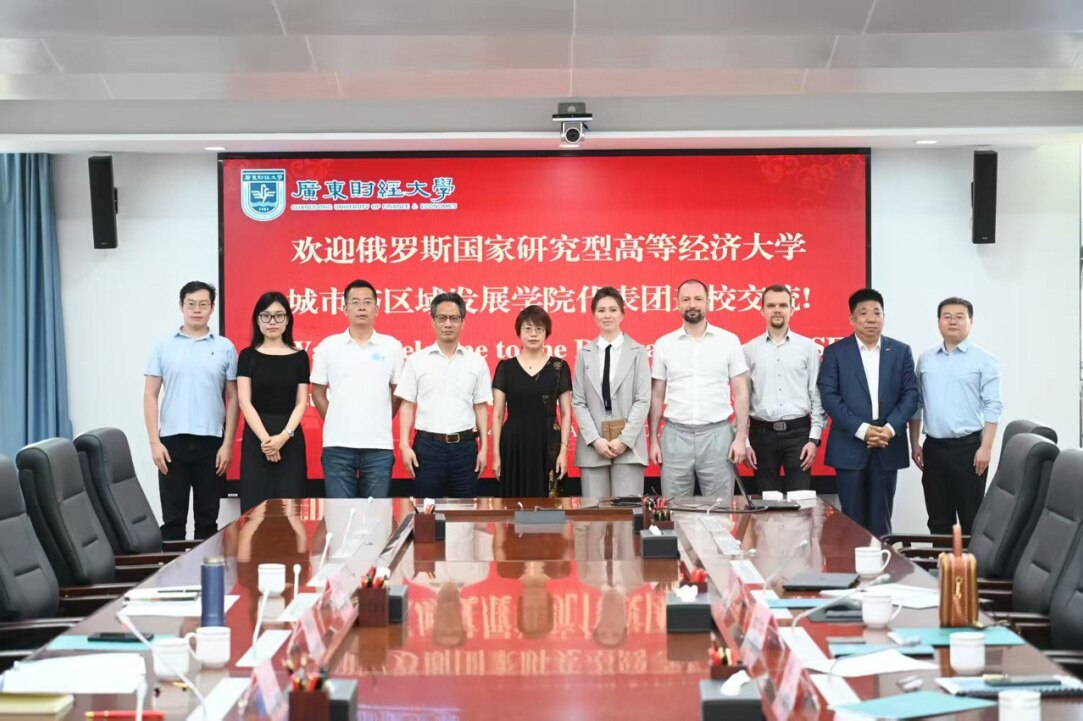
Urban Studies Experts from HSE Discuss Cooperation Prospects with Chinese Partners
The team of the HSE Faculty of Urban and Regional Development (FURD) has held a series of meetings with partners in China as part of its working visit focused on advancing cooperation. The agenda included urban and agglomeration ranking research, the development of unique educational programmes in urban studies, and other key topics.


Registration is open until April 1, 2025